Cabo Delgado accounts for 20% of Mozambique's timber harvesting quota in 2025
Mozambique: Sugar exports grow by 36% to US$14.7 million in H1
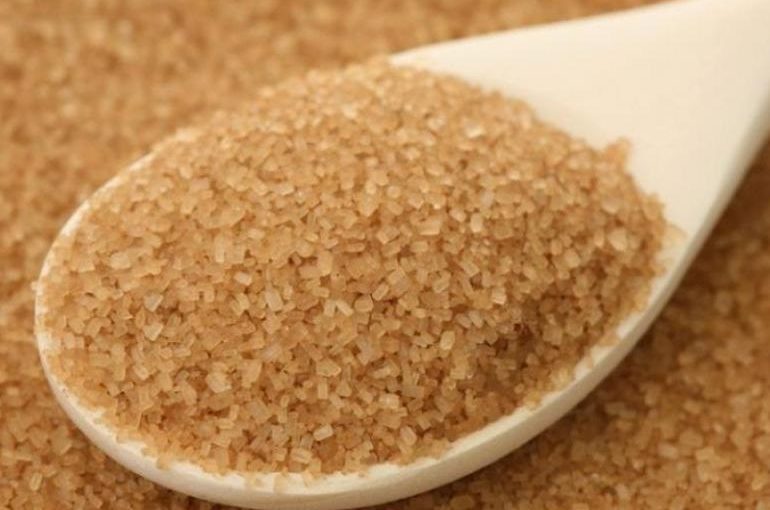
FILE - For illustration purposes only. [File photo: Fenagri]
Sugar exported by Mozambique in the first half of the year generated US$14.7 million, an increase of 36% compared to the same period in 2023, according to data from the central bank.
This is a strong recovery for one of the country’s main agricultural crops, taking into account the year-on-year drop of 70.7% recorded in the first quarter, reads a report from the Bank of Mozambique on the balance of payments in the first six months of the year,
“The performance of sugar exports was favoured by the recovery in production and consequent exports, after the adverse climate impacts that affected production recorded in the same period in 2023,” the first-half report reads, comparing sales with the US$10.8 million achieved last year.
Lusa reported in August that sugar production at the Mafambisse Sugar Mill, in Sofala province and one of the largest in Mozambique, is falling due to the combined effects of bad weather and climate change, according to the administration.
“We are experiencing declines in our sugar production due to difficulties caused by the bad weather in the country in recent years,” Pascoal Macule, director of Tongaat Hulett, the group that owns the Mafambisse Sugar Mill, told a reporter.
The director said that the company’s annual production of 75,000 tons had fallen to 40,000 in the last two years, causing significant losses for the factory.
Another factor that influenced the sharp drop in production was the loss of around 8,000 hectares of sugar cane, the raw material for sugar production, due to the effects of climate change: “This is in Nhamatanda, due to the drought in our fields and the El Niño phenomenon,” Macule explained.
Located in the administrative post of Mafambisse, in the Dondo district of Sofala, the Mafambisse sugar mill has the capacity to produce 92,000 tonnes of sugar per year.
Tongaat Hulett recently announced an injection of 500 million rand (€25 million) in its Mafambisse and Xinavane sugar mills, both in Mozambique, and in which the South African group is the majority shareholder.
Mozambique is considered one of the countries most severely affected by climate change in the world, facing cyclical floods and tropical cyclones during the rainy season, which runs from October to April.
The 2018-2019 rainy season was one of the most severe in living memory: 714 people died, 648 of them victims of cyclones Idai and Kenneth, two of the largest ever to hit the country.
Sofala province, in the centre of the country, has been one of the worst affected by the storms.
In the first quarter of last year, heavy rains and the passage of Cyclone Freddy caused 306 deaths, affected more than 1.3 million people, and destroyed 236,000 homes and 3,200 classrooms, according to official figures.




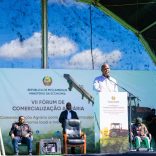
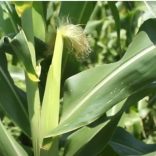
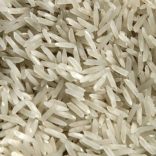
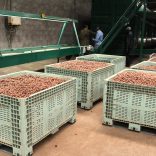





Leave a Reply
Be the First to Comment!
You must be logged in to post a comment.
You must be logged in to post a comment.